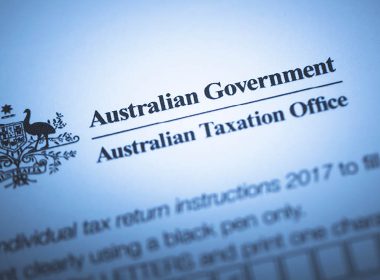Snapshot
- Foreign persons proposing to acquire an interest in a security, asset, trust or Australian land are generally required to give notice and obtain approval to the proposed action.
- The compulsory notice requirement applies to certain acquisitions by a foreign person through a will.
- Non-compliance is an offence and attracts civil penalties.
- Updated 25 July 2022 to reflect Treasurer’s announcement that FIRB application fees will double from 29 July 2022.
On 1 January 2021, reforms were made to Australia’s foreign investment review regime (‘FIRB regime’). A significant change was the removal of an exemption from compulsory notification of acquisitions of certain assets under a will by a foreign person. This change carries important implications for testamentary gifts to a foreign person and the administration of a deceased estate. Despite its significance, the removal of the exemption and its effect on estate planning and administration is still foreign to many practitioners.
The provisions concerning foreign investment are extensive and apply to a broad range of acquisitions by foreign persons. This article will focus primarily on gifts of residential land to foreign persons through a will which is a common type of testamentary gift.
Foreign investment
The FIRB regime manages and regulates the notification, review and approval of foreign investment in Australia. It imposes an obligation upon a foreign person to give notice of a range of proposed actions including the acquisition of an interest in a security, asset, trust or Australian land (as defined in sections 9, 10, 11 and 12 respectively of the Foreign Acquisitions and Takeovers Act 1975 (Cth) (‘Foreign Acquisitions and Takeovers Act‘)).
An interest in Australian land means a legal or equitable interest in agricultural land, commercial land, residential land or a mining or production tenement in Australia (Foreign Acquisitions and Takeovers Act, ss 4 and 12(1)(a)).




